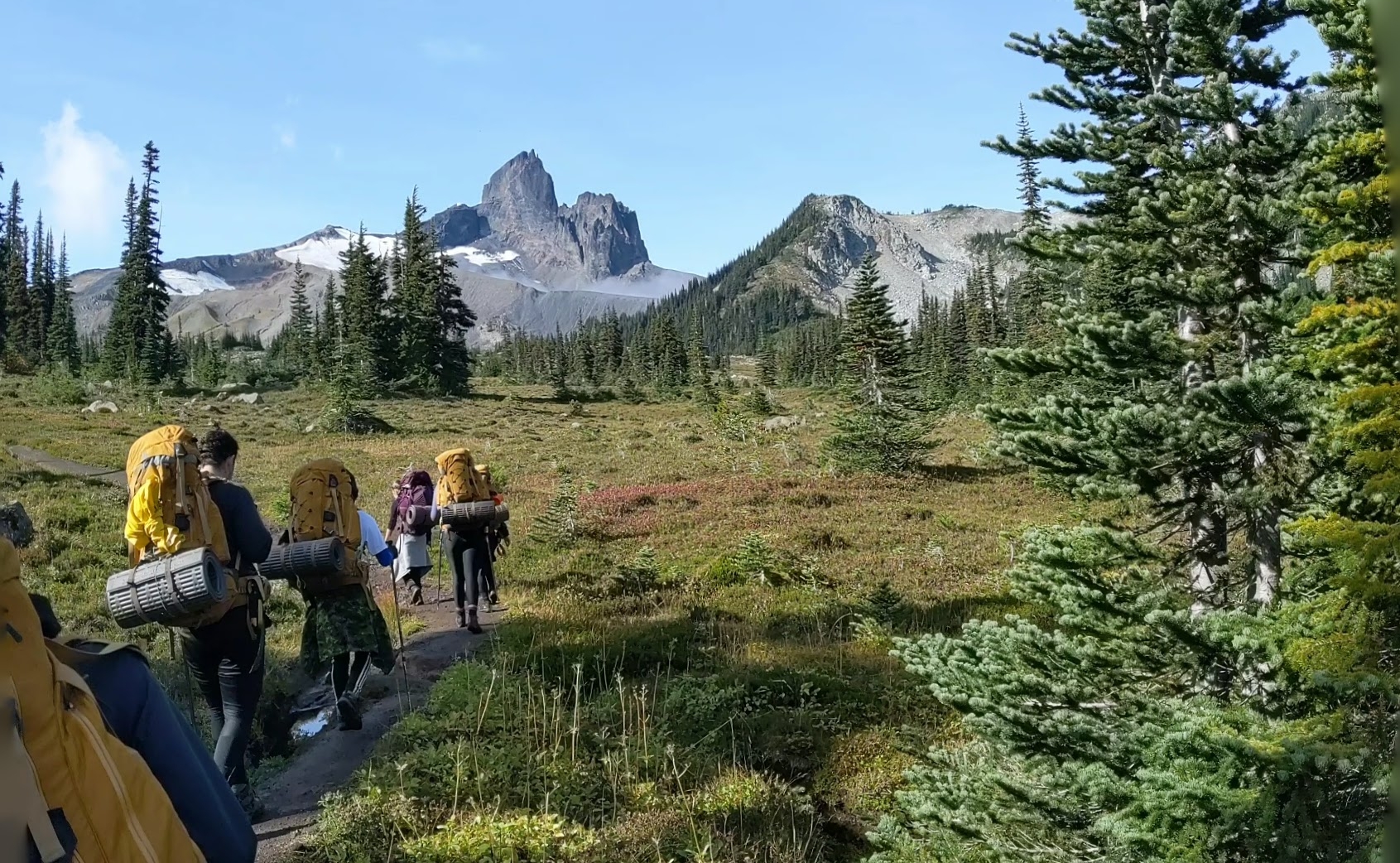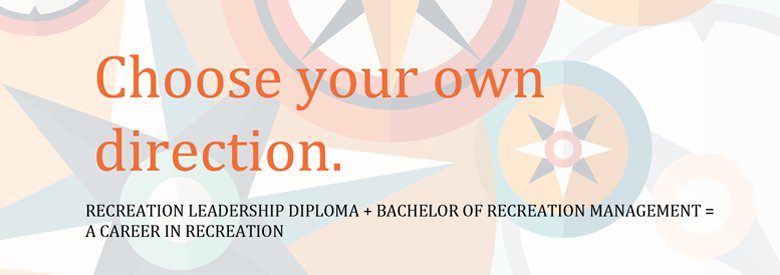Oct 9, 2019
By Emma Courtney, Instructional Assistant
Well… it has been two weeks since the 1st year cohort and I returned from the Outward Bound Expedition. Students are required to write a reflection assignment on their experience in Outward Bound, and since I had the incredible opportunity to join them in their experience, I thought it would only be fair if I participated.
The Langara Recreation Department has been partnering with Outward Bound Canada for over 30 years providing students an enriching and educational experience in Canada’s wilderness. I was so excited and honoured to have the opportunity to join students in their 4-day expedition through Garibaldi Provincial Park.The class of 16 was divided into two groups, after a day of preparation at base camp, group one set off on their expedition at Rubble Creek Trailhead, destined for the Garibaldi Lake Campsite. Group two headed out from the Cheakamus Lake Trailhead, and set out to their camp destination: Helm Creek campsite. The groups would then hike across the park to the campsite opposite them, crossing paths halfway on the second day. My adventure began with group two beginning at Cheakamus Lake Trailhead and hiking up to Helm Creek. I would then proceed with this group through Garibaldi Park until we crossed paths with group one, then join them to hike back for another night at Helm Creek.This approach provided me the chance to integrate into and spend time with both groups. In this way, I was able to experience the different group dynamics and leadership styles of the guides.
Although I was not a designated leader for this trip, I had the opportunity to step into a leadership role in a few different ways. I taught yoga classes (self-care while hiking is key!), educated students with Nature Bites along the trail, and worked with the guides to make group decisions and debrief when necessary. A question posed for this assignment is ‘what did I learn about leadership relative to myself as a leader? What was reinforced for me, was when I lead as my authentic self - without trying to adapt my leadership style to please others, is when I lead best. My authentic leadership style is to cultivate relationships with those I am working with, and from these relationships, I am better able to lead alongside. Through cultivating strong relationships with group members, I tap into the level of empathy necessary to meet the needs of the group in a much better way than if I distanced myself. This style of leadership reduces the power-distance of a leader as stated by Connerly & Pederson (2005). I realized that this theory informs my leadership style, making me pay attention to and improve upon leading alongside while maintaining respect and authority of a leader (Jordan, 2001).
Another question from the assignment that I will address is; how did this experience connect with my understanding of leadership in Recreation? I believe that the most important classroom in life is the wilderness, and our best teacher is Pachamama (Mother Earth, Gaia). How does this tie in to leadership in recreation? Well, our experiences in the outdoors often forces us into leadership. We must be skilled enough to adapt to whatever the circumstance may be (wind, rain, snow, broken equipment, injury) and we must be resilient and independent in doing so – there is no cell phone service to Google what to do! From my experience, the best leaders, no matter what they lead, are experienced in the teachings of Pachamama. In any position of leadership (in recreation or otherwise), one should be humble, adaptable, resilient and self-aware. Our students are given the opportunity to taste all of these qualities throughout their time as Leaders-Of-The-Day on this trip. The skills sampled and explored through Outward Bound can then be taken into the classroom and the real world (in my opinion, the real world is the wilderness, but for the sake of this assignment we’ll view the real world as our urban centres!). These foundational skills gifted through Outward Bound are an incredible launching pad for students as they continue their journey to becoming impactful leaders in the field of recreation and the field of life.

Readings Referenced:
Connerley, M. L. & Pedersen, P.B. (2005). Ch. 3. Cultural Frameworks and Their Importance for Leaders. In Leadership in a Diverse and Multicultural Environment: Developing Awareness, Knowledge, and Skills (pp. 39-54). Thousand Oaks, CA: Sage Publications.
Jordan, Debra J (2001) Leadership in Leisure Services: Making a Difference; second edition. Venture Publishing Inc. State College, PA.
